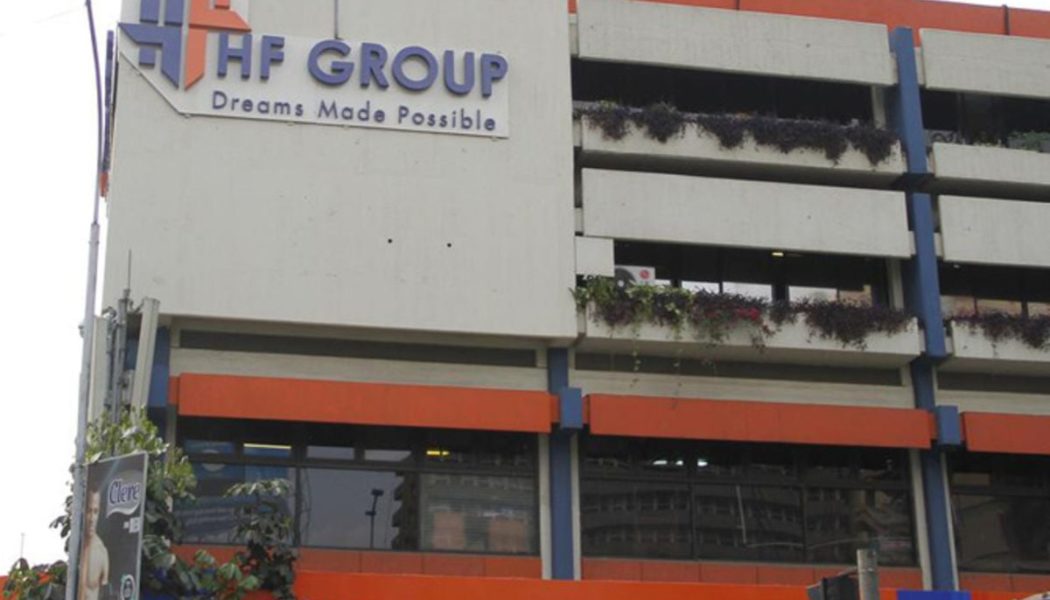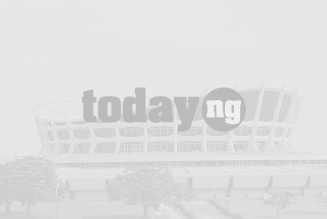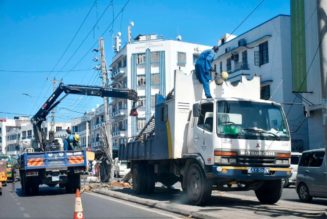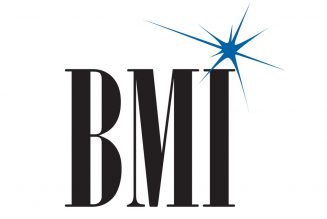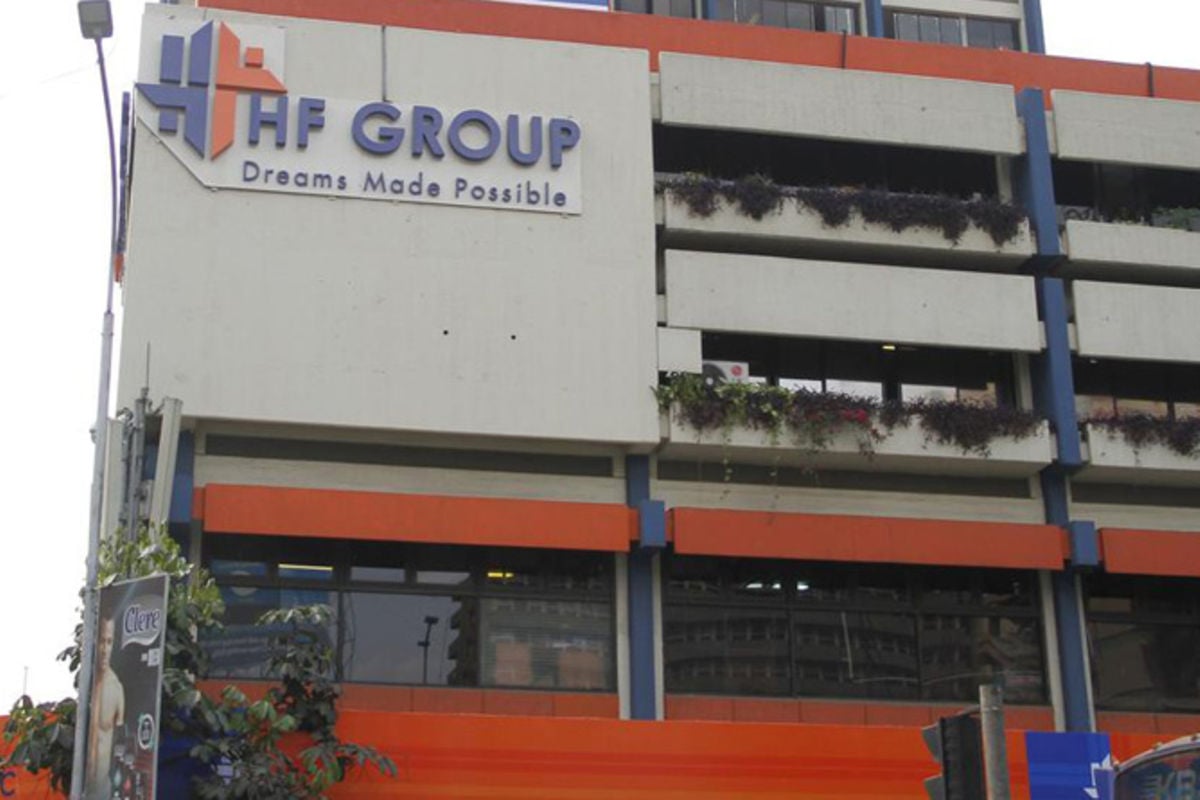
Listed lender HF Group is seeking to raise Sh5.9 billion through a rights issue to boost its capital and lending.
The cash call will see the bank issue 1.49 billion new shares on a ratio of three for everyone held, with each share priced at Sh4 a piece, reflecting a 11.5 percent discount on current trading price of Sh4.52.
The shares to be offered are inclusive of a green shoe (additional share sale) option of up to 30 percent or 346.1 million shares worth Sh1.37 billion.
The green shoe option allows sale of additional shares from the company to meet high investor demand.
Britam, which has a 48.2 percent stake in Housing Finance, has signalled its intention to defend its rights, requiring an outlay of Sh2.88 billion.
“The group is raising capital as part of its strategy to increase investments in expanded business segments and to shore up capital base,” said HF in a statement after receiving regulatory nod for the rights issue—which opens November 11 and closes December 9.
“The capital injection will also allow the group to continue to implement its growth strategy through its investments in growing business segments and enhancing its digital proposition.”
The bank’s latest financials, covering the quarter ended March 2024, show that it had a core or tier one capital of Sh1.9 billion and total capital (tier-one plus supplementary or tier-two capital) of Sh3.39 billion at the end of the period.
The lender had indicated in its annual report for 2023 that it intended to raise its core capital in the course of 2024 to support the growth of its business.
HF last ran a rights issue in 2015, issuing 116.67 million shares priced at Sh30 each, at a rate of one for every two held. The offer raised Sh3.5 billion from investor bids worth Sh9 billion.
The funds were earmarked for branch expansion and increasing mortgage lending capacity.
Banks normally raise tier-one capital from existing shareholders but can also do so through equity sales either through private placement or initial public offering (IPO).
As per the Banking Act, core capital represents permanent shareholders’ equity in the form of issued and fully paid-up shares, plus all disclosed reserves, less goodwill or any other intangible assets, while tier-II capital (supplementary capital) consists mainly of revaluation reserves, subordinated debt and statutory loan reserves.
Low capital ratios limit a bank’s ability to lend and take on more deposits, eventually affecting profitability.
It posted a profit growth of 46.3 percent to Sh266.2 million in the year to June on rising income from transactions and lending. It returned to profit in 2022 after posting losses from 2018.
